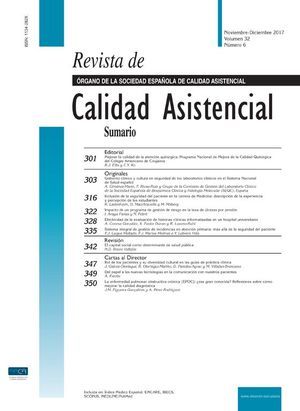In the context of the global crisis caused by the COVID-19 pandemic, we are aware that healthcare workers are the first line of defence to combat this disease. Unfortunately, the face this health emergency with poor working conditions, due to the shortage of biosafety equipment, scarce of infection control systems, lack of recognition programs and work incentives, and finally physical and psychological abuse and discrimination by patients, which has an impact on their mental health.1,2 These are well known stressors of work context that can be identified as psychosocial factors of work.3 Its effects could be manifested as stress, depression, anxiety, due to insufficient information about the virus, the continuous care of patients with COVID_19, high workload, constant exposure to critical events such as death,4 fear of being infected and infecting their families2 and its consequences on their own health. Therefore, studies have been reported the presence of psychiatric symptoms5 in a population without mental illnesses, such as depression, anxiety, post-traumatic stress and aggravation in those suffering from mental illness.
These psychological consequences weaken and incapacitate health workers, who are exposed to a greater risk due to inadequate working conditions. If this situation is not considered, the psychosocial consequences on their mental health are likely to be very serious; forcing many of them to quit their jobs. Certainly, the impact does not affect all countries at same manner; in Peru for example, with a fragmented health system, economical problems, geographic, and social problems due accessibility; deficiencies in infrastructure, lack of equipment and working conditions, has been suffering from the beginning of the pandemic. The literature indicates that the inadequate management of health services generates by stress affects good performance as well as influences quality of care and consequently putting at risk patient safety.6
If, COVID-19 brings exposure of health personnel to physical, biological and psychological risks, without having the basic conditions to control, mitigate and cope with serious and even irreversible consequences of the pandemic, then it could be considered as an occupational disease, due to the manifestations of occupational risk and its psychological consequences.7
It is evident that this pandemic has serious psychosocial effects on health workers as they are directly linked to the working conditions. Thus, if, their working conditions are inadequate, they will put their family's health at risk and, consequently, the impact on their mental health will be exacerbated.8 It is interesting to consider that some studies showed that training with biosafety measures, a correct application of infection control procedures, as well as having personal protective equipment and recognition of their efforts at institutional and government levels, can generate a feeling of security and motivation to continue working9.
Many studies focused on recognizing protective factors that would help health professionals performance and would improve their adaptation, given that there is a high physical and mental demand for their services in times of crisis. However, this capacity for adaptation and resilience is due to the protection and support provided by having adequate working conditions, with a decrease in psychosocial risk factors.
Consequently, it is necessary to be aware to specific needs of healthcare workers and implement a psychological intervention programs focused on the crisis and post-trauma care10 and also make administrative and organizational changes to have an organized and quality health system, ensuring its sustainability and response capacity despite the crisis.11







